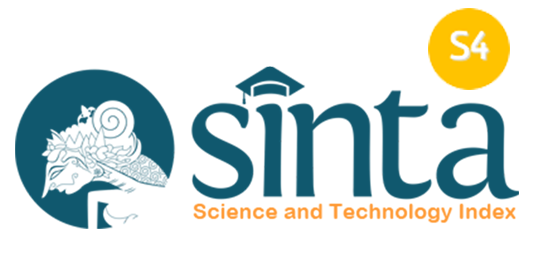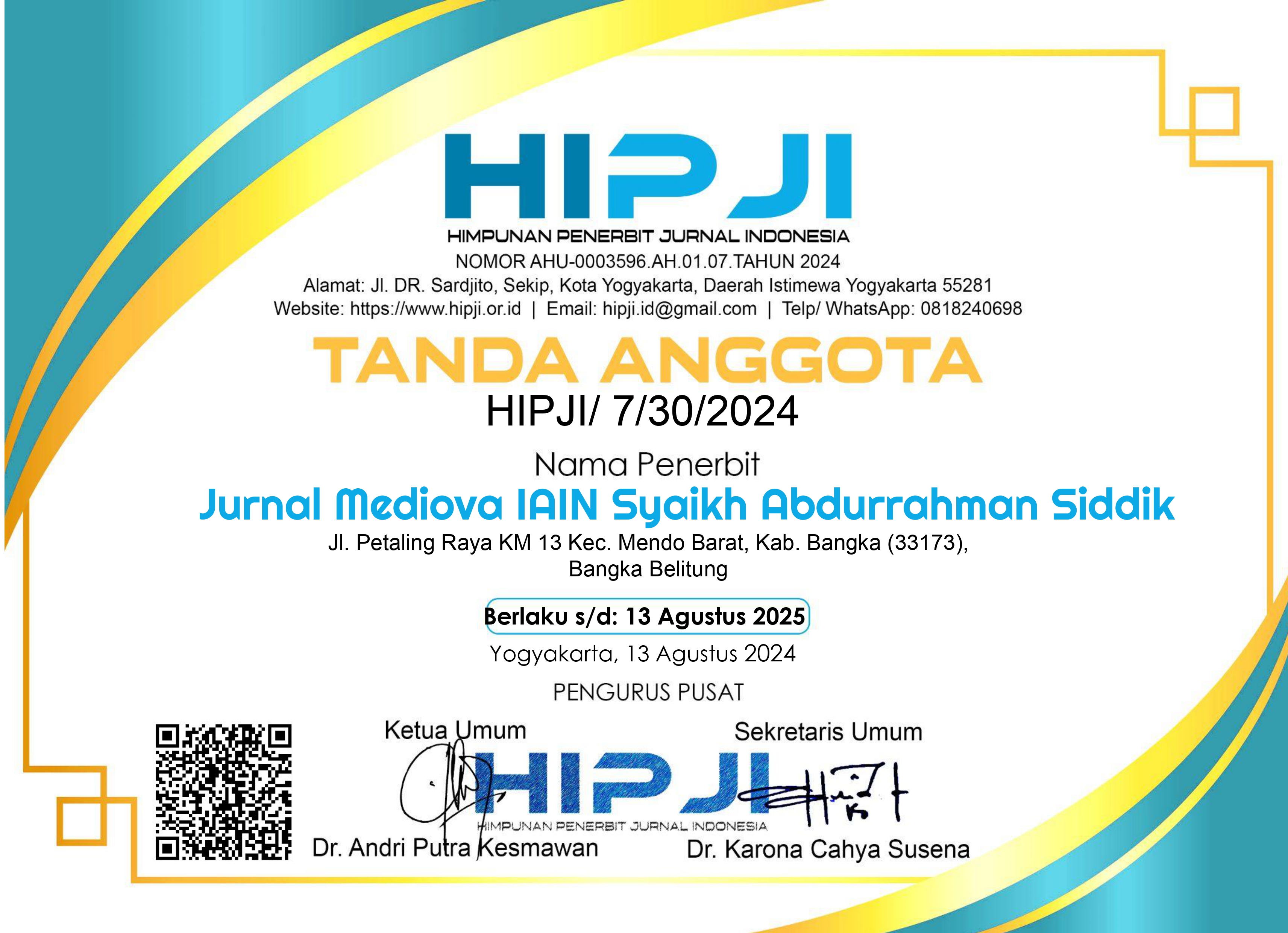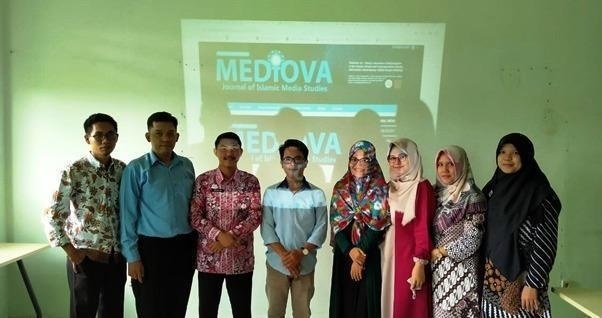FINTECH MANAGEMENT IN ISLAMIC BANKING: SOLUTIONS AND CHALLENGES
Abstract
The advancement of information technology, particularly in the context of computers and the internet, has had a significant impact on the banking sector, including Islamic banking. This technology facilitates the integration and digitalization of banking services, such as e-banking, mobile banking, and fintech, enabling Islamic banking to expand access, enhance efficiency, and offer services that better align with Sharia principles. However, the implementation of technology in Islamic banking faces specific challenges, such as ensuring compliance with Sharia principles, maintaining information security, and addressing limitations in financial literacy among the public. To maximize the benefits of technology, Islamic banks need to consistently evaluate and ensure that the technology used adheres to Sharia principles, invest in cybersecurity solutions, improve financial literacy among the public, and establish partnerships with fintech companies that comply with Sharia regulations. By taking these steps, Islamic banking can effectively leverage technology to achieve sustainable growth and succes
Keywords: Technology, Fintech, Islamic Banking
Downloads
Copyright (c) 2024 Agung Fitrahadi, Ekhwan Juanda, dkk

This work is licensed under a Creative Commons Attribution 4.0 International License.
Copyright Assignment
As an author of Journal Mediova of the Islamic Journalism study program of the Islamic Da'wah and Communication Faculty, IAIN Syaikh Abdurrahman Siddik Bangka Belitung, I, who sign below:
Declare:
- My paper is authentic; my own writing and it has not been published/proposed on any other journals and publication.
- My paper is not plagiarism but my original idea/research.
- My paper is not written by other help, except with Board of Editors and Reviewers recommendation who have been chosen by this journal.
- In my paper, there are no other writings or opinions except referred in bibliography and relevant with the rule of writing in this journal.
- I will do this assignment for sure. If there are irregularities and untruths in this assignment, I will be responsible later according to the applicable law.
- Authors retain copyright and grant the journal right of first publication with the work simultaneously licensed under a Creative Commons Attribution 4.0 International License that allows others to share the work with an acknowledgment of the work's authorship and initial publication in this journal.
- Authors are able to enter into separate, additional contractual arrangements for the non-exclusive distribution of the journal's published version of the work (e.g., post it to an institutional repository or publish it in a book), with an acknowledgment of its initial publication in this journal.
- Authors are permitted and encouraged to post their work online (e.g., in institutional repositories or on their website) prior to and during the submission process, as it can lead to productive exchanges, as well as earlier and greater citation of published work (See The Effect of Open Access).









.png)









